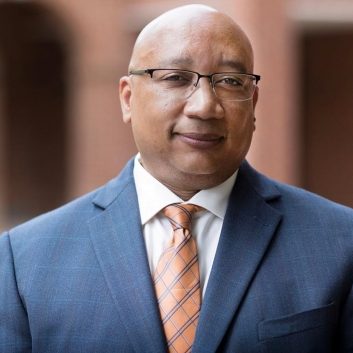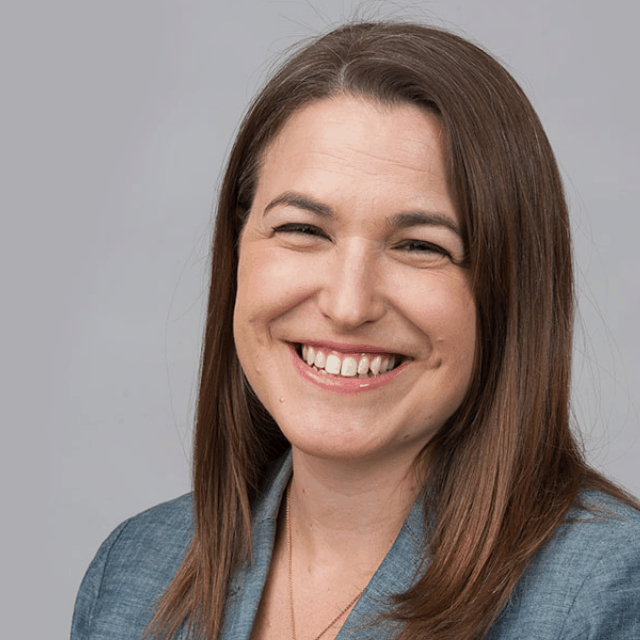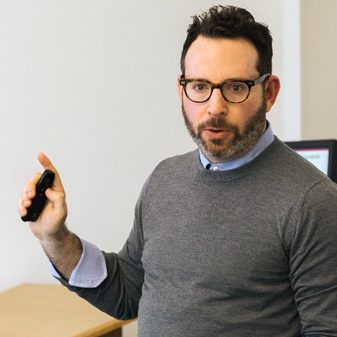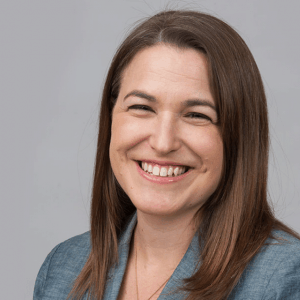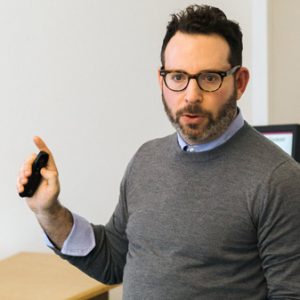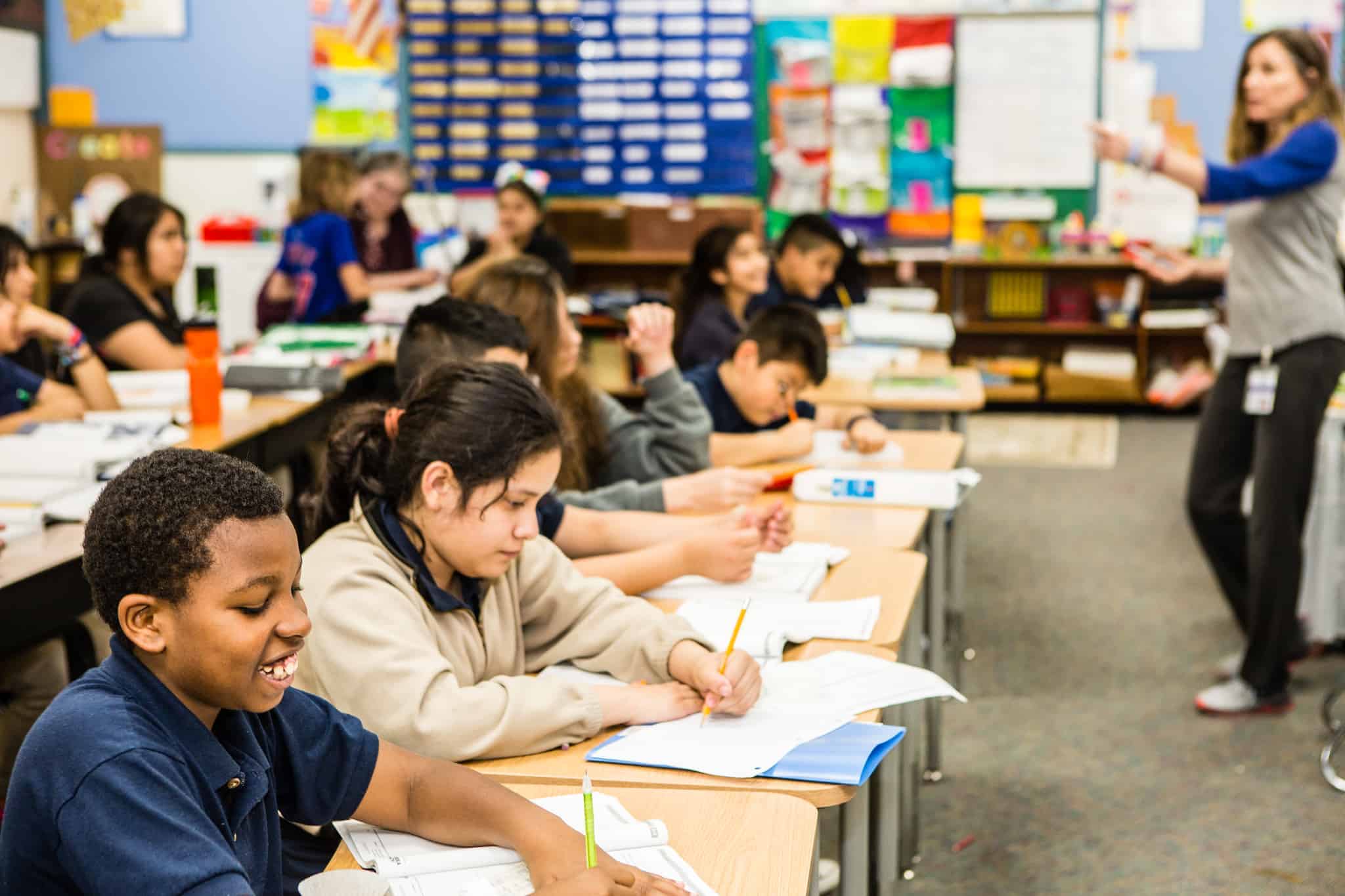
We Get Uncommon Results in Uncertain Times.
You’re facing pressure to accelerate learning. We want to build an education system that serves everyone. That’s why we ensure partners have reliable and practical evidence of what is changing, and we share our research with the field.
Our best-in-class evaluation tools and rigorous methods meet the high bar of the Every Student Succeeds Act (ESSA), allowing us to build on what is working and enable lasting instructional improvement across student learning and experience, teacher knowledge and practice, and school and system conditions.
The Need
To Accelerate Learning, Systemic Change Can’t Wait.
Today, school system leaders face staggering obstacles and competing priorities caused by historical inequity, a changing world, and the recent shocks of a global pandemic. Teachers face urgency to accelerate and reimagine learning, but too few have sufficient support. Too many students at the margins are not ready for their next step because they haven’t yet had a fair opportunity to learn.
All of this has pushed schools to their limits. Structural changes to how districts cultivate excellent teaching can’t wait, but they can’t do it all on their own.
We’re Proving What’s Possible.
The large majority of education interventions produce weak or null effects. We’re breaking the trend.
Multiple rigorous studies with independent researchers conclude that our approach improves students’ literacy and math learning, student experience, and teacher retention at higher rates than similar interventions.

Better yet, those results endure years after partnership. One randomized control trial found that Leading Educators’ support elevated an average teacher to the top third of effectiveness. Teachers reach new professional heights, and more students thrive.
What We're Up Against
It’s often said that the system we have is getting the results it was designed for. So, what needs to change to accelerate learning? Here’s what the research says we’re up against.

$18,000 per teacher
spent every year on professional development that doesn’t work. For-profit vendors and curriculum providers have flooded the market with one-size-fits-nobody workshops and trainings that fail to address the complexity of excellent and equitable teaching.

133 hours
wasted each year in each core subject on assignments that are not grade-appropriate. Few teachers receive deep development on college and career readiness standards during their preparation programs and on the job.

3.6x more
grade-appropriate assignments in classrooms with mostly white students. Unchecked mindsets, expectations, and implicit biases that have been shaped by society affect the opportunities students have before they even enter the classroom.

3 in 10 teachers
show improvement from PD despite $8 billion of yearly spending nationwide. Traditional models aren't working, but teachers still need opportunities to improve.
Together with our partners, we aim to improve not only learning outcomes but life outcomes.
Lasting systemic change fundamentally shifts what teachers know, think, and do as well as the support and conditions that all make it stick. So, we assess our impact on all three in addition to student outcomes. That’s how we foster transformational change not just in schools, but in whole communities. Learn how we accomplish changes at each level that accelerate learning.
Best-in-class Impact on Student Learning
We’re driven to see all students learn to high levels, no matter where they start. We use rigorous evaluation methods to understand both changes in knowledge and in students’ experiences, recognizing that they’ll need more than academics to be ready for the world that awaits them.

For decades, there’s been little evidence that teacher professional development makes a difference for students. We’re changing that.
Several rigorous studies over the past decade demonstrate that Leading Educators’ job-embedded, content-specific approach to strengthening teaching leads to statistically significant gains for students that surpass those of other leading interventions. Learn more below.
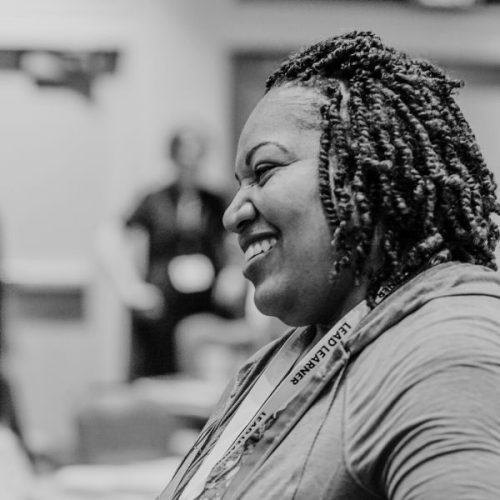
A new quasi-experimental study of Leading Educators’ work provides new proof for the power of teacher professional development, finding significant results for students. This study explores what allowed teacher leaders in three cities to get lasting results in math and literacy using 10 years of data end rigorous methods.
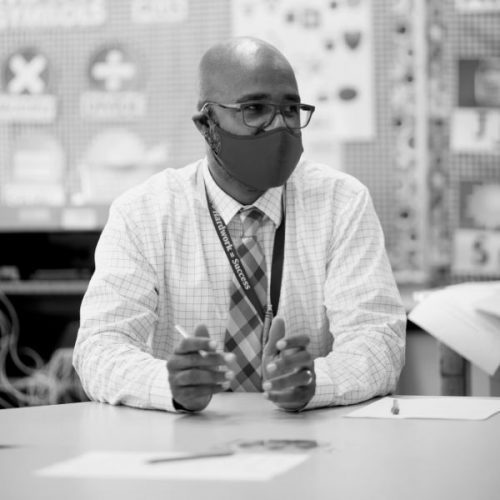
A new randomized control trial by RAND Corporation shows that educators significantly increased student achievement after participating in Leading Educators’ Chicago-based PD program. These findings challenge the misconception that teacher professional development is ineffective and costly—the content and components matter.

A RAND-supported study found significant effects on student learning in math and ELA in Michigan after just one year of content-specific programming.
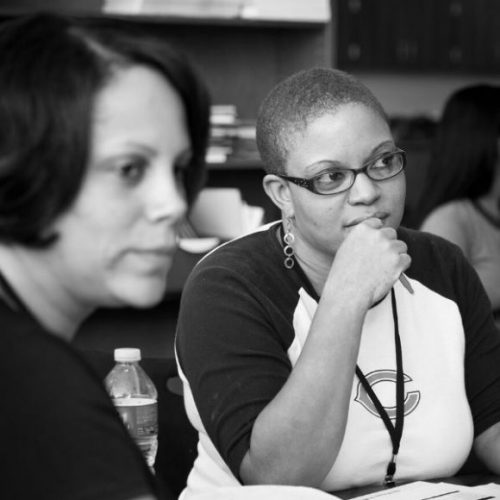
Our first RAND study of Leading Educators’ fellowship model found significant effects on math learning in Louisiana.
Accelerated Improvement in Teacher Knowledge, Beliefs, & Practice
Students succeed when teachers build and draw from deep knowledge. So, we assess the knowledge and beliefs that teachers and leaders build from professional learning as a component of impact.
Most professional development doesn’t give teachers enough opportunities to adapt to rising standards or to practice with the quality materials they use every day. The resulting gap in what teachers know and still need to learn is having serious consequences for students.



Strong, actionable development can help teachers build on their strengths so students’ opportunities in the classroom continue to expand over time. That’s why we help partners scale professional learning systems, designed for them, that are radically improving instruction today.
We guide district leaders to connect the structures, conditions, and leadership necessary for teachers to practice what they teach, together, so that every student learns what they need to succeed. When a school is a place where teachers, as well as students, learn, new levels of progress become possible.
Sustained Conditions for Continuous Improvement
Every community has inherent strengths to build upon for even greater impact. Years of partnerships and the research on professional learning have helped us distill those characteristics that make some school systems more successful than others at reaching strong teaching and leadership at scale. We call these resources the enabling conditions.
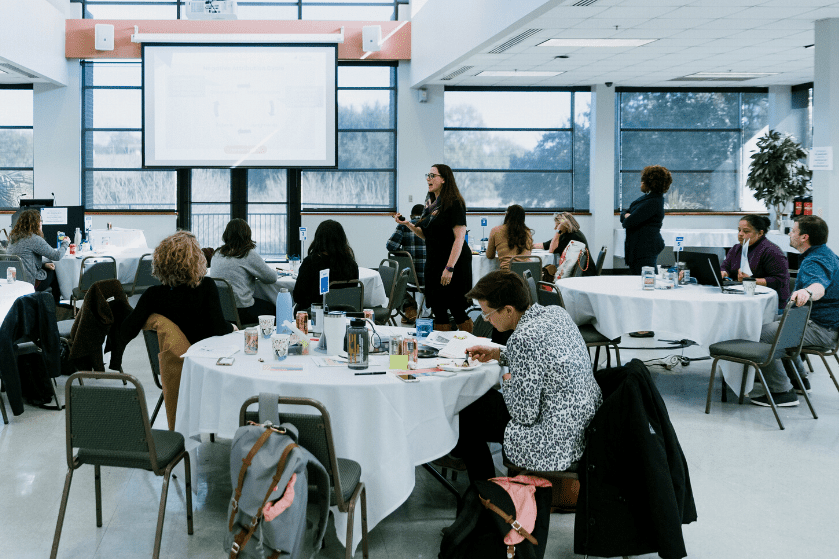
About Robert Berry
A former mathematics teacher, he teaches elementary and special education mathematics methods courses in the teacher education program at the University of Virginia. Additionally, he teaches graduate level mathematics education courses and courses for in-service teachers seeking a mathematics specialist endorsement. His research focuses on equity issues in mathematics education, pre-and in-service teachers’ mathematical knowledge for teaching, and mathematics instructional quality. Berry has extensive experience in classroom observation and has collaborated with other researchers to develop an observation instrument, Mathematics Scan, to examine mathematics teaching quality.
About Miah Daughtery
After graduating from the University of Michigan, Ann Arbor, Miah began her journey as a reading and English teacher in the Detroit Public Schools. From Detroit she moved to the Clark County School District (CCSD) in Las Vegas, NV, where she continued to teach and build an expertise in secondary ELA, standards, adult learning, curriculum development, and professional development by serving as a district secondary literacy project facilitator, serving all of the district's middle and high school ELA teachers. After a suite of rich and robust experiences as a district leader, Miah transitioned to the Tennessee Department of Education where she served as the K-12 Literacy Coordinator. In this capacity, Miah's primary responsibilities included developing systems to ensure content accuracy and alignment for the literacy portion of the state assessment, TNReady.
In 2016, Miah completed her doctoral studies at Vanderbilt's Peabody College, obtaining an Ed.D in Educational Administration and Public Policy. Miah joined the Achieve staff in 2016 as the Director, ELA & Literacy. In that role, Miah led the work of ensuring states maintain high college-and-career standards for ELA and assessment systems that align to those standards. Miah provided guidance to states reviewing and revising their state standards and assessments.
About Jessica Eadie
Jessica holds a bachelor's from Boston College and a master's in business administration from the Kellogg School of Management, Northwestern University.
About Heather Hill
Hill and her team have developed assessments that capture teachers' mathematical knowledge for teaching and teachers' mathematical quality of instruction, assessments now widely available to researchers, instructional coaches, evaluators, and policy-makers via online training and administrative systems.
Hill is a fellow of the American Educational Research Association (AERA), and serves on the AERA grants board, on the editorial boards of several journals, and as an advisor to numerous research projects and policy efforts in both the U.S. and abroad. She is co-author of Learning Policy: When State Education Reform Works with David K. Cohen (Yale Press, 2001).
About Matthew Steinberg
Dr. Steinberg is an Affiliated Researcher with the University of Chicago Consortium on School Research, a Faculty Affiliate with the Annenberg Institute for School Reform at Brown University, and an IUR Scholar at the University of Pennsylvania Institute for Urban Research. Dr. Steinberg's research addresses issues of educational significance at the intersection of the economics of education and education policy, including: teacher evaluation and human capital; urban school reform; school discipline and safety; and school finance. His work informs local and national policy discussions on the impact of education policies and practices on the distribution of teacher effectiveness and the educational outcomes of students, particularly the most disadvantaged among the population.
A recipient of the 2016 National Academy of Education/Spencer Postdoctoral Fellowship, Dr. Steinberg received his PhD in public policy from the University of Chicago. Prior to graduate study, he was an investment banker and a New York City Teaching Fellow.
Stay in the know
Get timely insights direct to your inbox. Sign up for the latest news, tips, and opportunities from Leading Educators.



